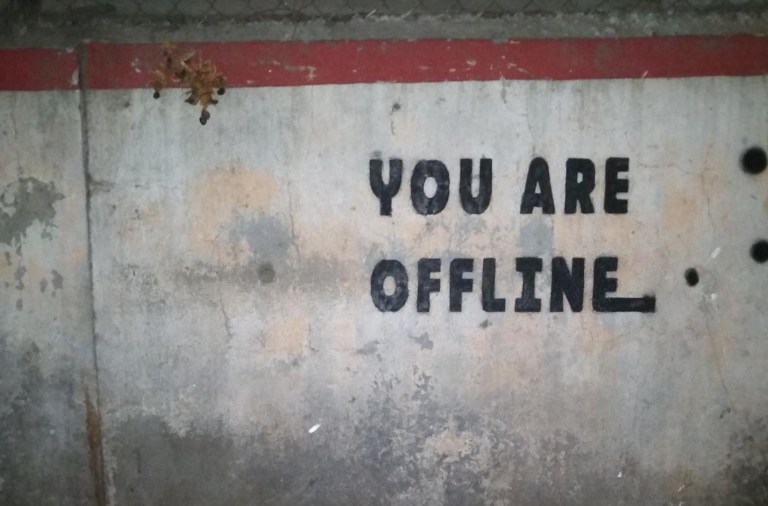
India: End communication blockade in Jammu and Kashmir without further delay
Kathmandu/Bangkok/Paris/Geneva, 4 October 2019:
Today completes two months of the unprecedented communication blockade in Jammu and Kashmir, India. The Asian Forum for Human Rights and Development (FORUM-ASIA), CIVICUS, the International Federation for Human Rights (FIDH), and the World Organisation Against Torture (OMCT) urge the government of India to immediately restore internet and mobile phone connections in Indian-administered Jammu and Kashmir. We are deeply concerned over the wide-ranging impact on the enjoyment of basic human rights caused by this continuous restriction on communications.
Internet shutdowns, of which there have been dozens in Indian-administered Jammu and Kashmir since the beginning of the year, have significant consequences, negatively impacting the economy, education, access to health care and emergency services, press freedom, freedom of expression, and the right to engage in political decision making. This is particularly grave given the context, in which the government of India, on 5 August, 2019, revoked the autonomous status of the State of Jammu and Kashmir and bifurcated the State into two Union Territories. With the suspension of communications, people have effectively been denied the right to make informed political opinions and to express themselves regarding these decisions.
Although limited landline connections were reportedly restored across Jammu and Kashmir on 13 September 2019, access to those connections remains limited. No enforceable law in India permits such unprecedented and prolonged internet shutdown without any valid justification. Moreover, freedom of expression is protected under Article 19 of the International Covenant on Civil and Political Rights (ICCPR), to which India is a state party, and under Article 19 of the Indian Constitution.
A petition filed before the Supreme Court of India noted that the communication shutdown had fueled “anxiety, panic, alarm, insecurity and fear among the residents of Kashmir” and created hurdles for journalists to report on the situation in the region.[1] In a statement on 22 August 2019, five UN human rights experts expressed deep concern over the shutdown and called it “inconsistent with the fundamental norms of necessity and proportionality.’[2]
There have also been reports of hundreds of detentions of political activists, human rights defenders, community leaders, and others, including children between 9 and 11 years of age, under the draconian Jammu and Kashmir Public Safety Act (PSA) of 1978, which permits preventive detention without charge. The communication blockade has also impeded access to legal aid.
FORUM-ASIA, CIVICUS, FIDH, and OMCT strongly believe that this prolonged restriction on communication, coupled with arbitrary mass detentions, denial of freedom of expression and access to information, is unnecessary and disproportionate to the situation and will further lead to a deterioration of human rights and basic freedoms. We urge the government of India to end the communications blockade immediately and to adopt remedial measures to undo the damage done so far in Jammu and Kashmir. We reiterate our call to the government of India to resort to peaceful democratic means and refrain from use of brute force.
***
For a PDF version of this statement, please click here.
For more information, please contact:
- CIVICUS: World Alliance for Citizen Participation, [email protected]
- South Asia Programme, FORUM-ASIA, [email protected]
- FIDH, [email protected]
- OMCT, [email protected], [email protected]
[1] https://www.livelaw.in/top-stories/kashmir-times-editor-moves-sc-against-curbs-media-freedom-in-valley-147099
[2] https://ohchr.org/EN/NewsEvents/Pages/DisplayNews.aspx?NewsID=24909&LangID=E



